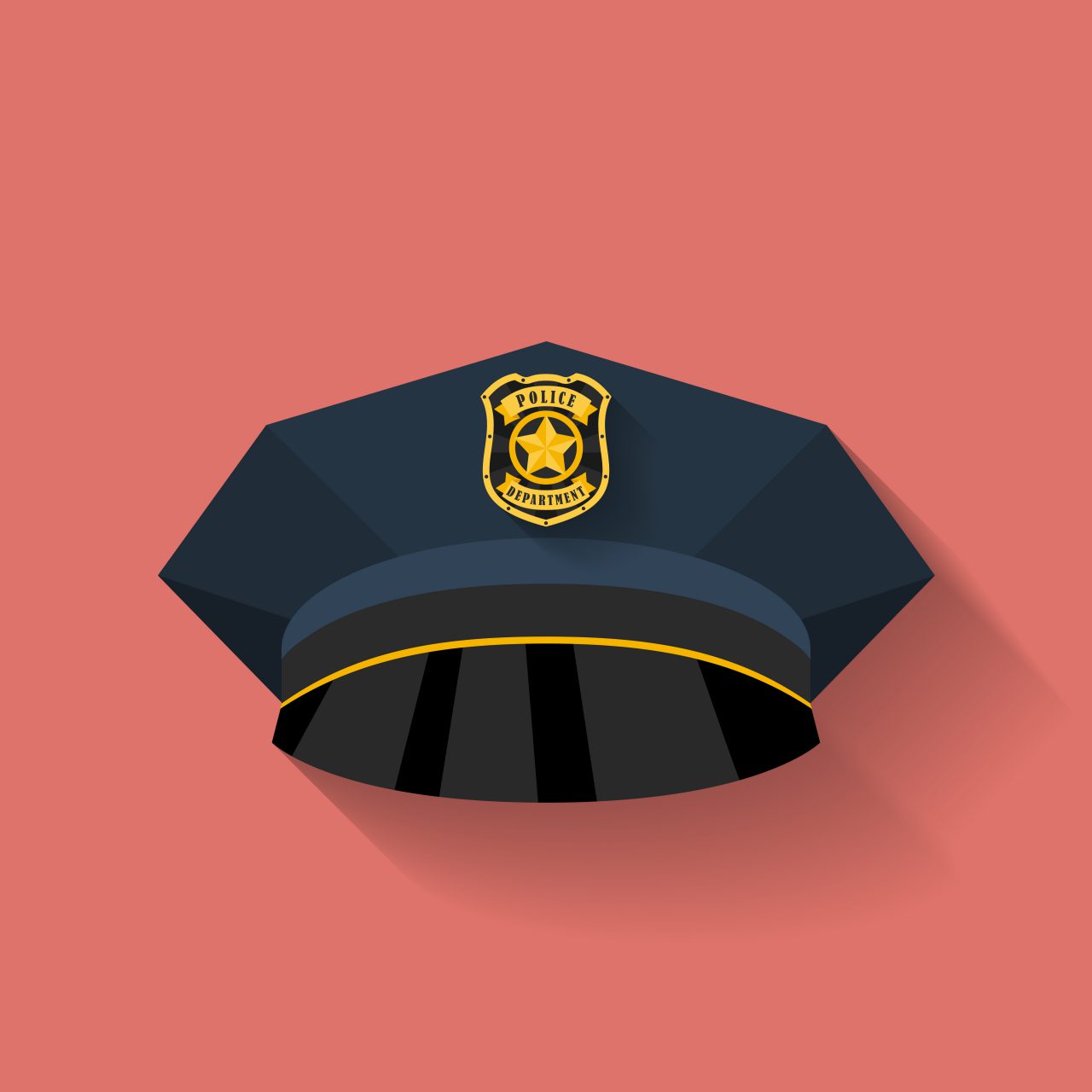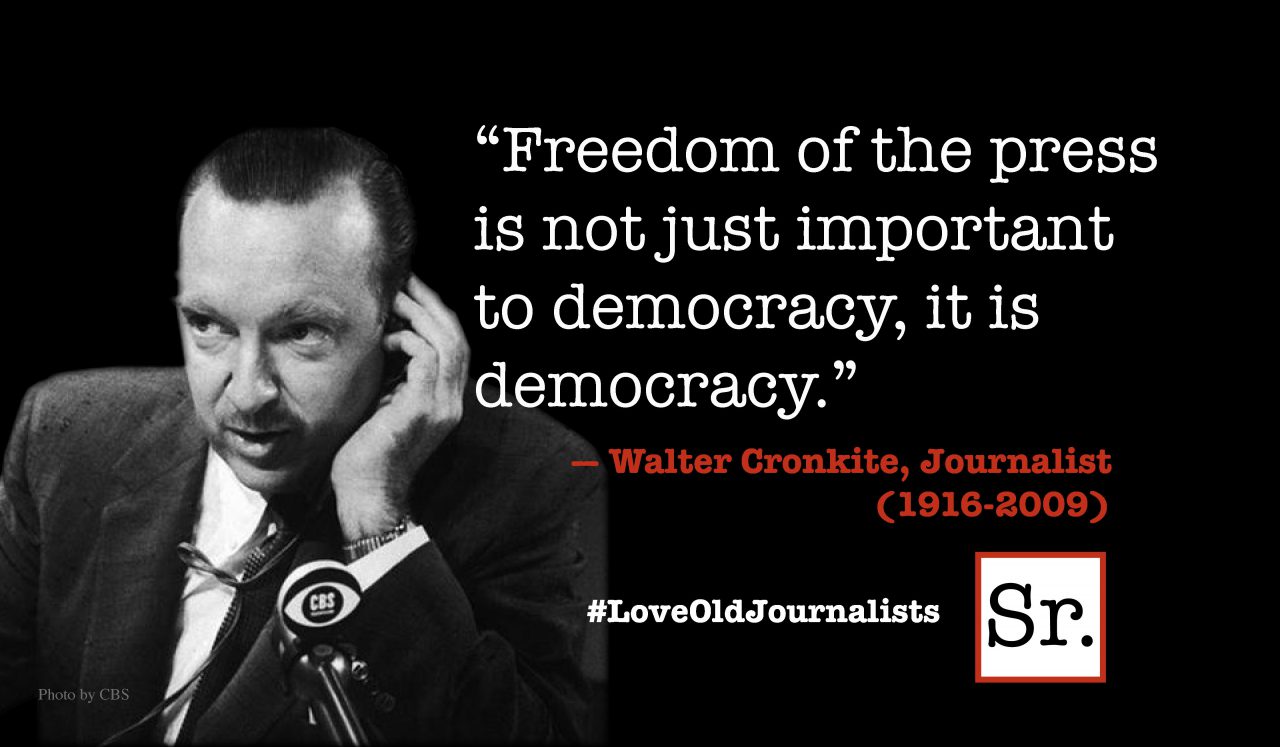Over the years I have had a serious concern about how the police relate to the minority citizens in the communities they patrol. It has been a mixed bag. When I worked on Chicago’s southside the police were not always there “to defend and to protect.” More often than not their role seemed to be “to intimidate and harass.” The victims were the black young men in the area.
A committee from the church I served produced a devastating report on Chicago’s “Gang Intelligence Unit.” The report was covered on the front page of a major Chicago daily newspaper. As a result, six uniformed officers showed up the next day intent on searching the church building, looking for something or someone. When asked to see their search warrant, they admitted that they didn’t have one, and left.
Having been deeply involved in the anti-Vietnam War movement, I was gassed in what was called a “police riot” along with hundreds of others at the corner of Michigan and Balbo during the 1968 Democratic Convention.
A few weeks later I was subpoenaed to appear before the grand jury which indicted the Chicago 8. It was an unnerving experience. I was accused of things I knew nothing about. I was not allowed an attorney and had no right to question my accusers, who turned out to be two young undercover officers. These men were trusted members of our college youth contingent, and had infiltrated the group a few weeks back. In those days we rarely had a student meeting which did not include police informers. They dressed just like other grubbily-clad students, except they could be identified by wearing highly polished shoes.
I often found myself at the District headquarters complaining to Commander Pepp about what I found to be brutality and abuse. He and those who served under him had a very difficult, dangerous job, and he gained my respect and admiration, even though we often disagreed.
Nevertheless I realized that the police had a mammoth set of problems working on Chicago’s southside. But I came to believe that their tactics were often counterproductive and, in fact, created hostility. I understand that since then there has been a massive police retraining program and things in Chicago, are now much improved.
When I moved to a Midwestern city of 75,000 and became a member of the City Council, I was able to see the work of the police from a different perspective. Art Kelly, the chief of police, became a trusted friend. I have rarely met a more genuinely caring public official. My guess is that across the country most leaders of local police departments are very much like what I saw in him.
What about Southern California? The Los Angeles Times has recently reported that in Los Angeles County the police have shot and killed more than 650 people since 2000. To date, there have been no indictments of any of the officers involved. But then there have been no prosecutions in the prominent cases in New York, Ferguson, Missouri and elsewhere. The affirmation that “Black Lives Matter” is a cry of pain the nation needs to hear and take seriously.
On the other hand, almost everywhere I have lived the police I personally encountered have been professional, polite, careful and helpful. In my current community I have ridden with them day and night as a member of a citizens’ committee concerned with hate crimes. When I have needed them, they have indeed been on duty to “defend and protect.” I respect them and the job they do. But then, I’m not young, poor and black.









